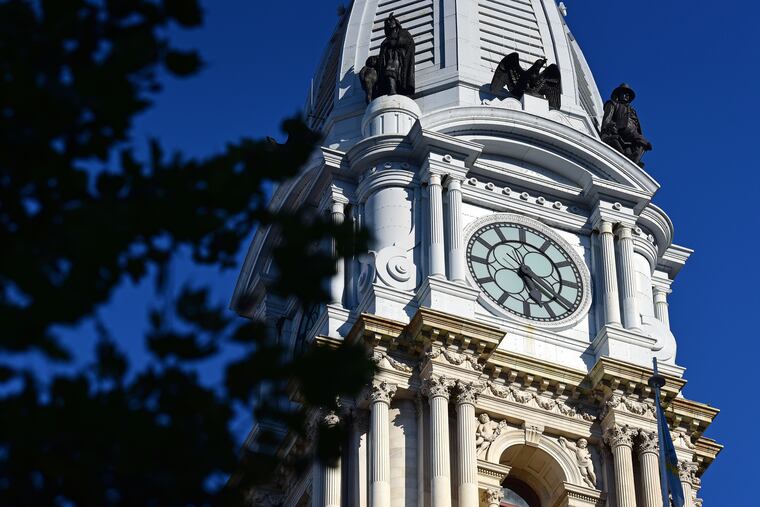How Philly’s complicated civil courts got back to business after the pandemic | Opinion
With the caseload piling up, the Philadelphia Common Pleas civil court had to find a new way to do business.

More than a year has passed since the everyday workings of the world came to an abrupt halt. The meanings of ordinary words changed, and our memories of normalcy became as distant as we were from one another.
Given everything going on in our city, our country, and the world at large, Philadelphia’s lengthy pause in civil jury trials wasn’t exactly front-page news. But for the many civil litigants and injured parties who were waiting anxiously for their cases to be resolved, it was a long, long year.
The civil process is complex — often entangled with filings, motions, and conferences that precede one’s day in court. When all that came to a screeching stop, the consequences reverberated across our city. Everything stopped. Motions lay still, hearings were canceled, and uncertainty became the new norm. Litigants and clients alike would have to wait and wonder if and when their disputes would ever be heard. Many plaintiffs in the city are catastrophically injured and disabled, and their lawsuit is their one opportunity to get the truth about what happened to them, hold wrongdoers accountable, and seek compensation to pay for medical care and make up for lost wages. To be seriously hurt, living in a pandemic, and having no trial date in sight is a struggle, to say the least.
» READ MORE: Justice delayed: Philly courts’ backlog leaves many jailed for months without a hearing
With the caseload piling up, the Philadelphia Common Pleas civil court had to find a new way to do business. Fortunately, our court leaders have found clever ways to clear the way for the resumption of civil jury trials, which resumed last month.
Over the last few months, the court has modernized its protocols and adjusted to the world’s new realities. Fairly early on, judges attempted conducting investigation stages of trials virtually, but it quickly became clear that the true goal was the resumption of in-person jury trials. The question then becomes not when, but how.
After the Administrative Office of Pennsylvania Courts published a report on the safe resumption of jury trials, jurisdictions across the state began jury selection in large buildings such as convention centers and auditoriums. However, City Hall has enormous courtrooms, some even bigger than auditoriums. It also has large windows all around it, offering some of the best ventilation you’ll find indoors.
So judges got to work selecting courtrooms that could accommodate juries, litigants, and court staff while maintaining social distancing. Chairs were moved, replaced, and moved again in attempts to configure effective, socially distanced courtrooms — only for after-hours cleaning crews who hadn’t been informed of the changes to come through and move the chairs back to their original places. But before long, courtrooms had perfect squares meticulously taped all across the floor, designating the proper spot for each and every chair — six feet apart.
As a result of all this hard work and ingenuity, the court is up and running once more, capable of picking six juries a week to hear civil cases of all sorts. While Philadelphia’s neighboring counties and jurisdictions still lie in suspense, the First Judicial District of Pennsylvania’s Civil Division is fully engaged in court business once again, safely and effectively. Meanwhile, the citizens who show up for jury duty are doing a vital part to help things get back to normal.
The evolution of a court system amid the crises of 2020 and 2021 is a massive undertaking, but Philadelphia has weathered the storm through creativity and common goals. Through it all emerged Philadelphia First Judicial District, slightly modified, a bit more streamlined, and able to take on whatever comes next.
Denise M. Mandi is a senior trial attorney at the Law Offices of Dennis O. Wilson, where she represents defendants in catastrophic injury cases. Jordan L. Strokovsky is a trial attorney and founder of Strokovsky LLC, where he represents catastrophically injured plaintiffs.